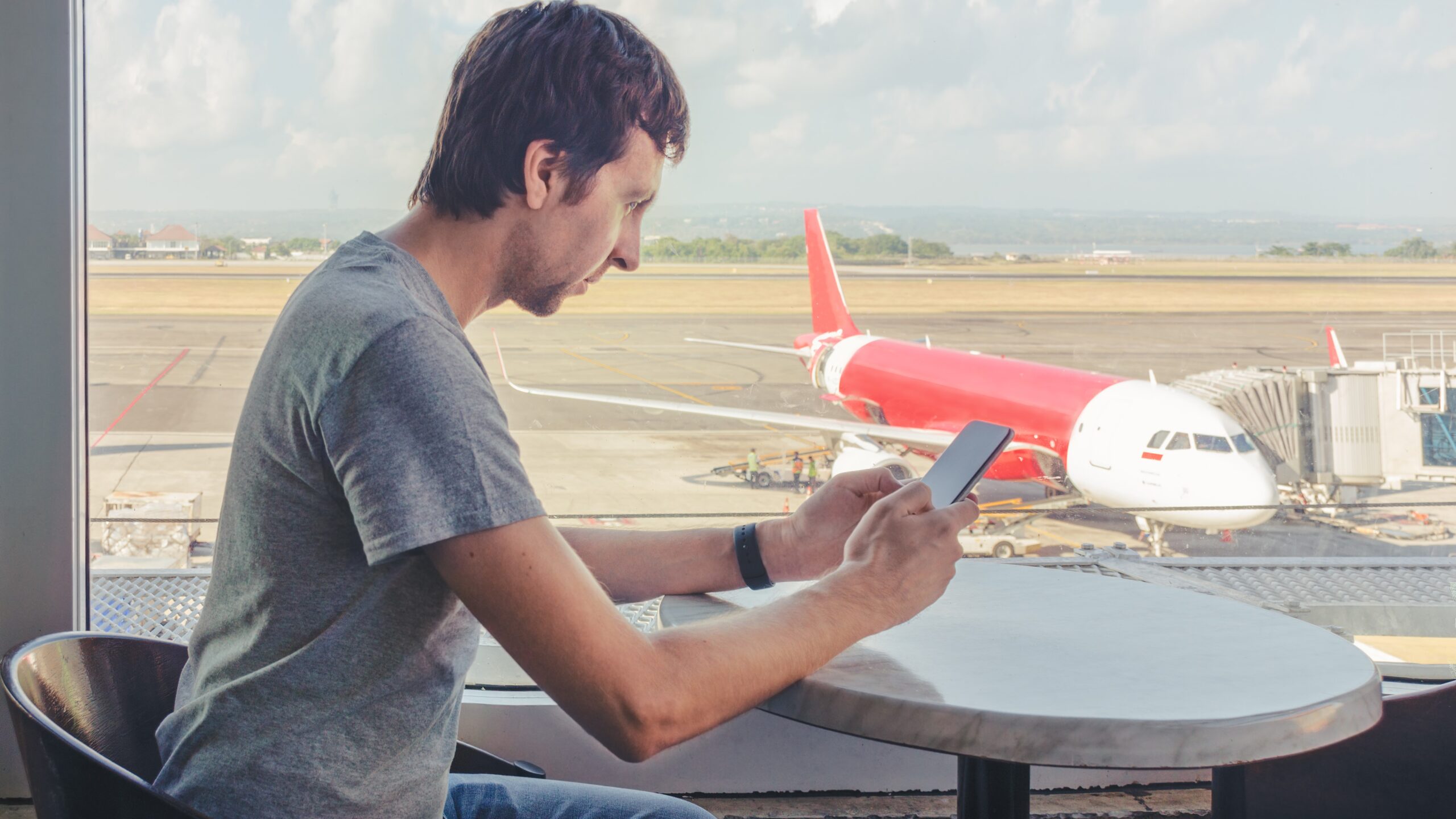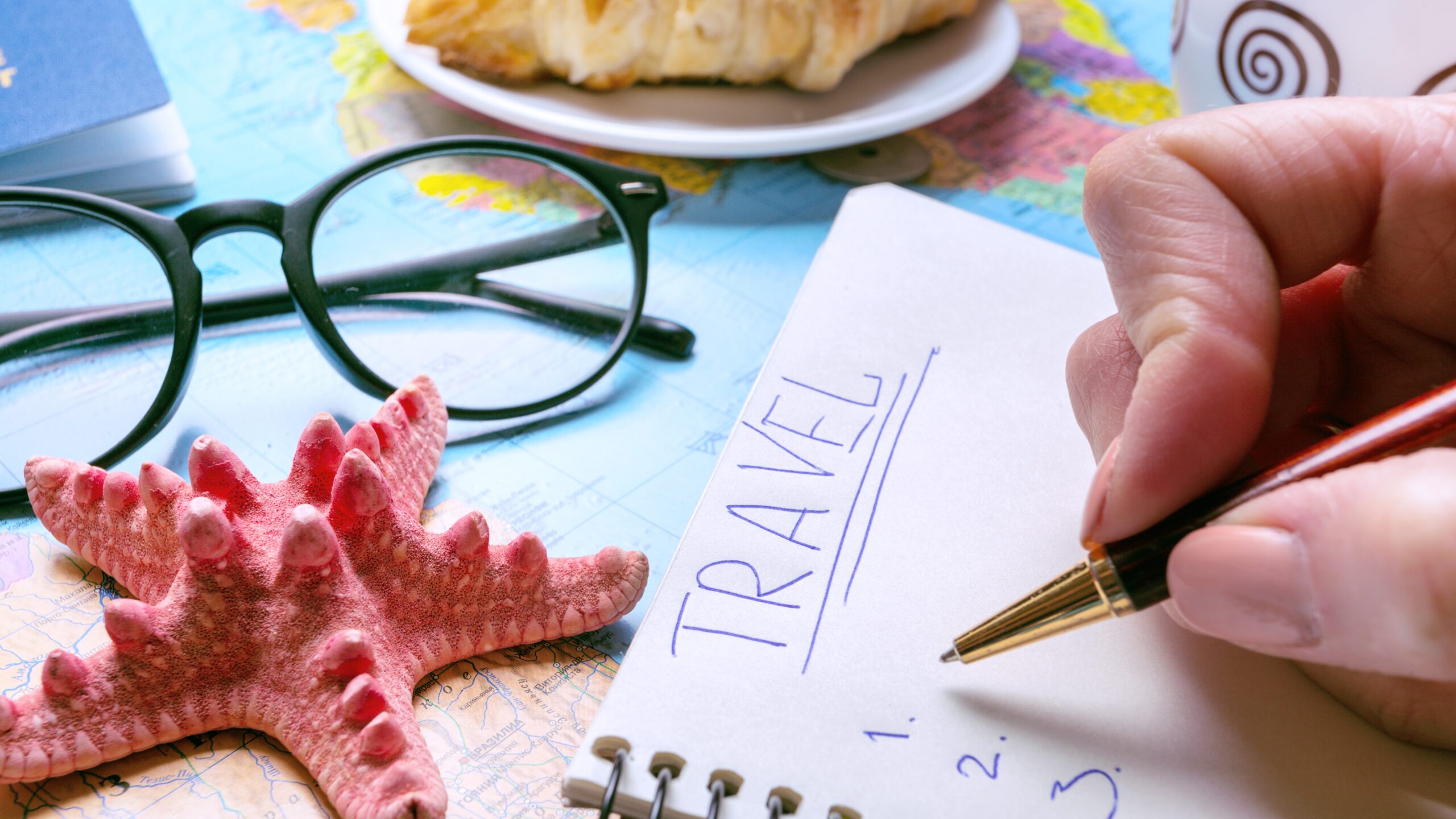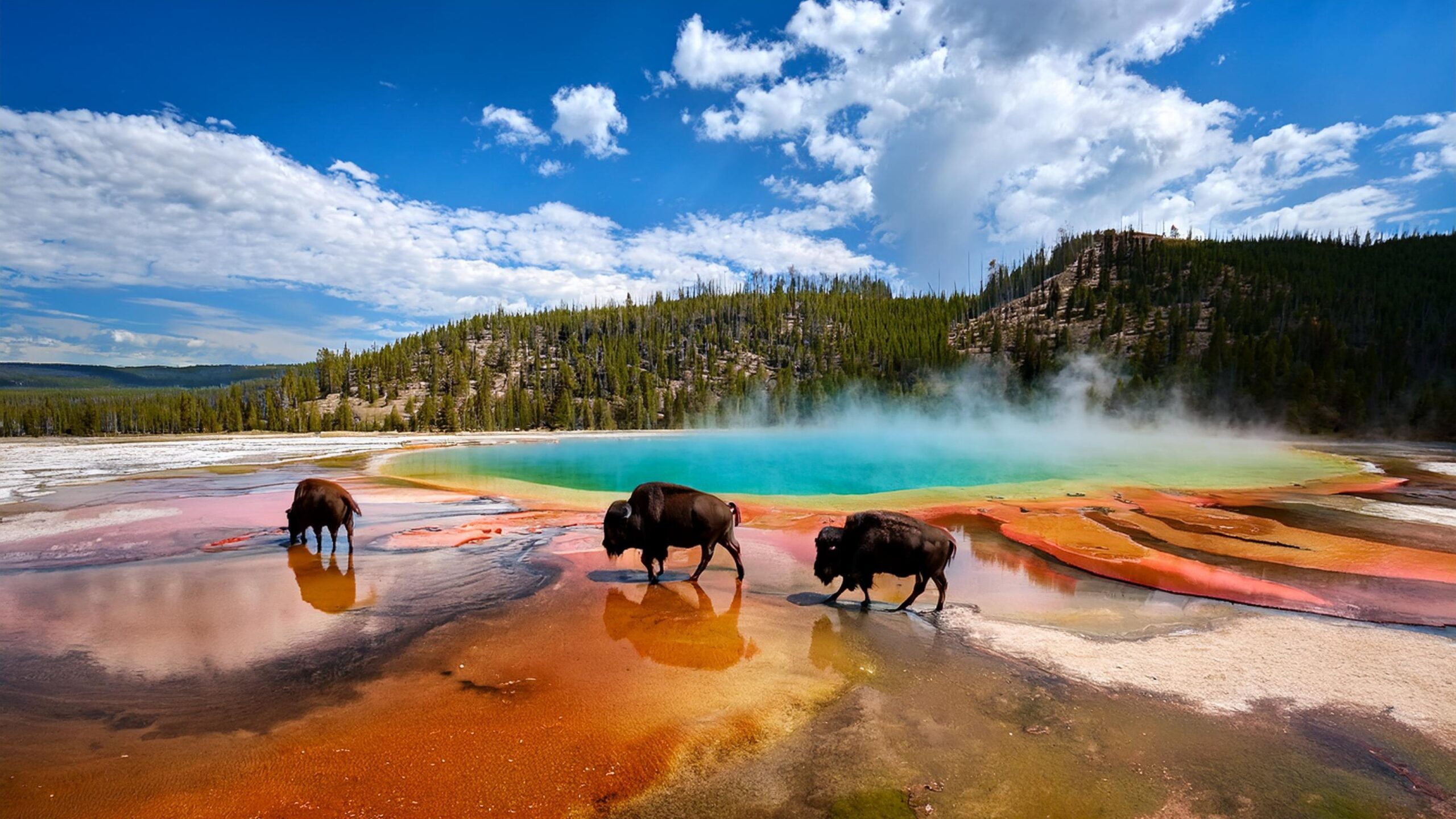Ever noticed how people come back from a trip looking more alive? There’s something magical about travel that shifts your mindset and opens up new doors inside you. But what exactly is the connection between travel and personal growth?
How Travel Sparks Transformation
Stepping Out of Your Comfort Zone
One of the most powerful aspects of travel is how it pushes you right out of your cozy, predictable comfort zone. At home, you know how things work. You speak the language, follow routines, and generally know what to expect. But when you’re thrown into a completely unfamiliar environment—where the signs make no sense and the customs are entirely different—you’re forced to adapt, fast. It’s in these uncomfortable, even awkward moments that you begin to discover parts of yourself you never knew existed. You’re challenged to respond, to figure things out on your own, and to grow through the experience.
Travel invites you to become your own problem-solver, navigator, and support system all at once. You have to rely on yourself to ask for directions, communicate across a language barrier, or adjust your plans on the fly. This is where transformation happens. You develop grit, quick-thinking, and emotional flexibility. It doesn’t matter whether you’re trying to find your way through the Tokyo subway or ordering food in a village café with zero English—every step builds strength.
Ways stepping out of your comfort zone fosters personal growth:
- Builds confidence by proving you can handle the unknown.
- Boosts resilience through dealing with unexpected obstacles.
- Encourages independence as you make decisions and solve problems solo.
- Increases tolerance for uncertainty, which makes daily life feel easier.
- Ignites a sense of adventure that carries over into other areas of life.
Breaking Routines and Challenging Norms
Routine might feel safe, but it can also make life feel flat. When you travel, your usual habits are completely disrupted. You no longer have that morning coffee at the same spot or follow your regular gym schedule. Instead, you’re waking up in new places, eating unfamiliar foods, and interacting with different people every day. This break from routine jolts your brain awake—it forces you to pay attention, to be present, and to embrace the unknown. Suddenly, even mundane tasks feel like adventures.
This constant stream of new experiences challenges the cultural and societal norms you’ve grown up with. You might start to question the way things are done back home and explore different ways of thinking or living. You realize there’s no single “right” way to live a life. That kind of mental flexibility opens up space for massive growth. You begin to write your own rules, make decisions based on personal values, and break free from the “autopilot” mode.
How breaking routines and questioning norms helps you grow:
- Inspires mindfulness by making you live in the moment.
- Encourages self-inquiry—you begin to ask “why” more often.
- Builds flexibility by removing your reliance on routines.
- Exposes you to alternative lifestyles, beliefs, and worldviews.
- Empowers you to redefine what happiness and success mean to you.
Building Adaptability and Resilience
Travel rarely goes exactly as planned, and that’s actually a good thing. Maybe your flight gets delayed, your luggage goes missing, or a hotel turns out to be completely different from the photos. Each of these situations presents an opportunity to adapt—to stay calm, reassess, and keep moving forward. The more you deal with these curveballs, the more adaptable you become. Over time, you start to see challenges not as setbacks, but as puzzles to be solved. This shift in mindset is a huge win for your personal growth.
More importantly, travel teaches resilience. You face culture shock, homesickness, language gaps, and the occasional “why did I even come here?” moments. And yet, you bounce back. You learn to laugh at your mistakes and find solutions in uncomfortable situations. That emotional strength doesn’t disappear when the trip ends—it comes home with you, ready to be applied in your work, relationships, and everyday life.
Why adaptability and resilience are key takeaways from travel:
- You learn to go with the flow instead of panicking when things go wrong.
- You become mentally tougher through exposure to constant change.
- You develop problem-solving skills in real-time situations.
- You stop fearing failure, because you’ve handled worse.
- You grow more patient and emotionally balanced, even in high-stress moments.
Travel Expands Your Perspective
Cultural Immersion and Open-Mindedness
One of the most transformative aspects of travel is the direct exposure to other cultures. When you step into a new environment where people speak different languages, celebrate different holidays, and hold different values, you’re forced to step outside your mental comfort zone. It’s not just about seeing new places—it’s about learning how other people live, what they believe, and how they find meaning in life. That kind of immersion teaches you to pause before judging, to stay curious instead of jumping to conclusions, and to find beauty in difference rather than fear. You stop expecting others to be like you, and that’s where real understanding begins.
Cultural immersion also expands your emotional range. You begin to notice how hospitality looks different in every corner of the world. How someone in Morocco might invite you into their home without hesitation, or how a stranger in Thailand offers food with a smile. These seemingly small moments can open your heart in ways that books and documentaries never could. You’re not just observing culture—you’re living inside it, learning through your senses, and growing in empathy along the way.
Learning Through Observation and Experience
No classroom, textbook, or lecture can compete with lived experience. You can read about the Great Wall of China or Machu Picchu, but standing in front of it, feeling the breeze, and hearing the local legends from someone whose grandparents lived nearby—that’s a whole different kind of education. Travel teaches you through direct engagement. Whether it’s watching artisans hand-weave rugs in Morocco or tasting fresh pasta in a small Italian village, you’re absorbing lessons with all five senses. This kind of learning sticks because it’s emotional, real, and completely unique to you.
Observation also plays a huge role. You start noticing patterns—how communities support one another, how markets operate, or how people treat time. Sometimes the smallest things become the most profound lessons. Like seeing a family share one motorbike and laugh all the way home, or watching elders respected and listened to in a village council. These moments teach you what textbooks can’t: nuance, humanity, and the subtle rhythms of everyday life around the globe.
Gaining Empathy and Global Awareness
Travel has a way of humbling you. When you walk through a refugee camp, or see a child smiling in the middle of poverty, your heart softens. You begin to realize that your way of life is not the only one—and maybe not even the best one in every case. That realization makes you more compassionate, more aware, and far more respectful of the struggles and triumphs of others. Empathy becomes second nature, not something you have to force. It’s rooted in real encounters and heartfelt conversations.
This deeper awareness shapes how you move through the world. Suddenly, global issues don’t feel so distant. Climate change, human rights, poverty, and education are no longer just headlines—they’re faces you’ve seen and stories you’ve heard. You feel a deeper sense of connection and responsibility to contribute, to vote with awareness, and to act with kindness. Travel doesn’t just expand your mind—it expands your soul.
| Travel Experience | What You Observe | What You Learn | Growth Outcome |
| Sharing meals with locals | Food, customs, conversations | Cultural values, hospitality | Open-mindedness, human connection |
| Exploring historical landmarks | Architecture, stories, local pride | History through personal lenses | Deeper appreciation for heritage |
| Visiting rural or underserved areas | Daily struggles, resilience, simplicity | Realities beyond your own | Empathy, gratitude |
| Participating in traditional rituals | Beliefs, community roles, spiritual practices | Respect for diverse spiritual systems | Broader worldview, humility |
The Psychological Impact of Travel
Boosting Mental Health and Happiness
There’s something about being on the move that naturally boosts your mood. Scientists say it’s dopamine—the “feel-good” neurotransmitter—that spikes when we experience novelty. But it’s more than chemistry. Travel reactivates your sense of wonder, breaks monotony, and replaces stress with excitement. Even planning a trip has been shown to increase happiness. Once you’re actually traveling, you’re often more active, more social, and more mindful, all of which are strong contributors to improved mental health.
You start seeing the world with childlike curiosity again. Colors feel brighter, people seem more interesting, and every turn holds a surprise. Whether it’s stumbling across a street performer in Barcelona or hiking into the clouds in Peru, those moments flood your brain with joy and a sense of aliveness. It’s a natural reset for your mental state—and one that often sticks with you long after you’ve unpacked your bags.
Reducing Stress and Anxiety
The therapeutic effects of travel are real. Just imagine standing at the edge of a vast canyon or gazing out at an endless sea—your mind slows down, your breath deepens, and your body relaxes. Nature is one of the best medicines for stress, and travel often brings you closer to it. Even urban destinations can offer mental relief through art, architecture, and connection. Stepping away from your regular responsibilities, even briefly, gives your nervous system a break it deeply needs.
Additionally, when you’re traveling, you’re less focused on past worries or future problems. You’re in the now—navigating a new place, engaging with locals, or simply figuring out how to order lunch. This present-moment awareness, similar to mindfulness, reduces anxious thoughts and gives your brain space to recharge. Even after the trip ends, many people report lasting reductions in stress levels, a calmer perspective, and an increased ability to cope with life’s daily demands.





